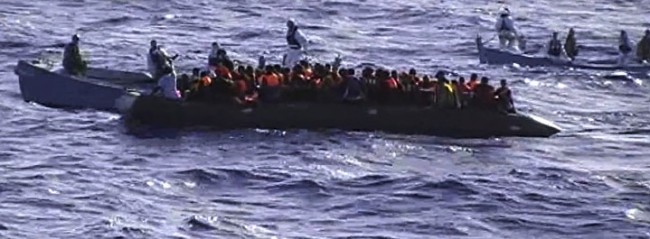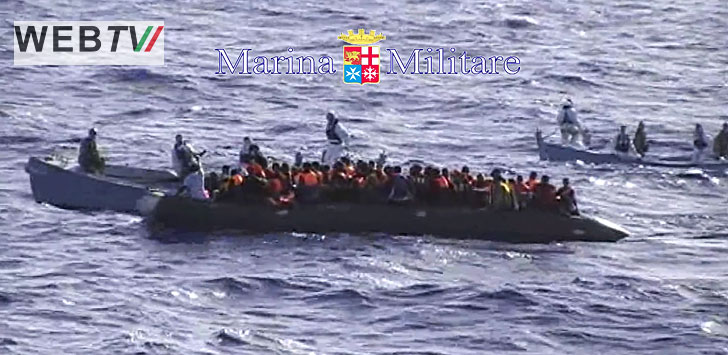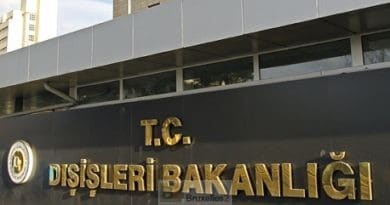Being a refugee during a Frontex operation

(BRUSSELS2) Once migrants are picked up on board a state vessel, what happens? Do they have the right to seek asylum and from whom? The question needs to be asked. Especially if a large-scale operation is triggered in the Mediterranean, as Cecilia Malmström, the Commissioner for Home Affairs, wishes. B2 therefore questioned the Commissioner's spokesperson during the daily midday briefing on this issue.
Member States remain responsible
« Frontex only coordinates operations. The authorities of the Member States are responsible for managing operations. “In fact, if the means employed remain national, “ the refugees are, as soon as they are rescued, under the responsibility of the country which manages the Frontex operation”. i.e. the country who requested assistance from Frontex. Italy, for example, but rarely Malta (the country has never requested assistance from Frontex).
A plan of operation
When an operation is set up by Frontex, the various modalities are thus studied within the Agency and an operation plan (OpPlan) is drawn up with the authorities of the requesting country, and the volunteer countries. This operation plan not only defines the means used, their location, the role of each. But also the way in which migrants will be received and where.
What about immigrants
The country managing the Frontex operation is also the host country for migrants. " It is the country which manages the Frontex operation, which requested it and welcomes it, which has the authority and the competence concerning all the following operations. It is this country that must be sure that people rescued at sea are brought back to its territory. » All operations "say Frontex" - such as national operations - must adhere to the usual principles, “such as the principle of non-refoulement and international law”.
Comments : The question arises, however, if a migrant chooses to seek asylum from one of the boats that picked him up? Question which is not hypothetical when we know that the last shipwrecks saw many Syrians at sea but also Eritreans. To be continued...

